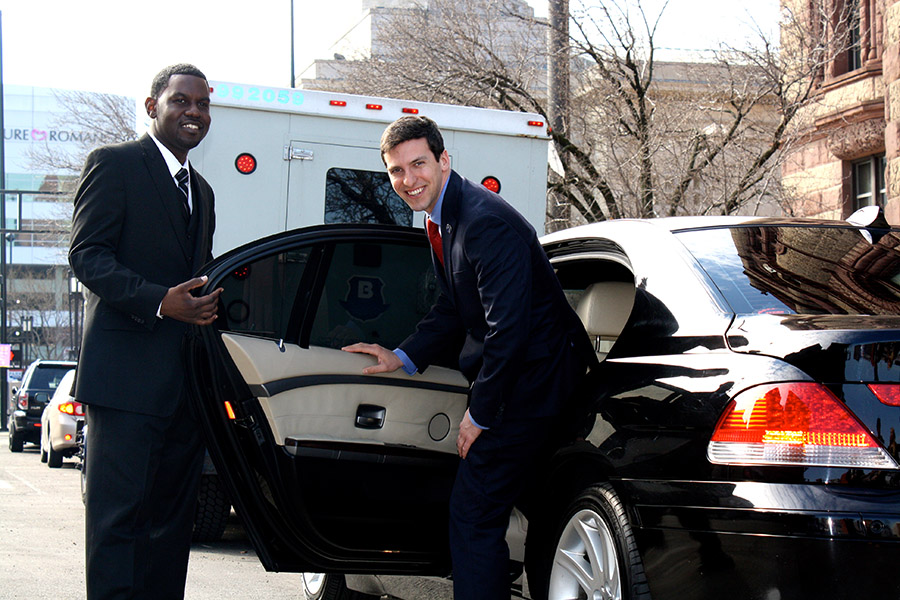A businessman from Côte d’Azur, in southern France, has filed a $48 million lawsuit against Uber accusing the transport app of precipitating his divorce and causing him stress.
The Frenchman had hailed an Uber ride using his wife’s phone to go meet with another woman. After using the app, the man logged off from his account, but due to a software bug in the Uber application, his wife continued to receive notifications on her iPhone that tipped her off on her husband’s casual rendezvous. She was also able to see previous rides, drivers’ names, arrival times and license plates and could track his comings and goings from a distance. The information from his husband’s account aroused suspicions of infidelity and the woman eventually found out her husband was having an affair, wrote Le Figaro.

The issue resulted in a divorce. David-André Darmon, the lawyer of the cheating husband, defended his client alleging he “was the victim of a bug in an application. The bug has caused him problems in his private life,” as reported by Le Figaro.
The victim filed a lawsuit seeking $48 million in damages from the American company. Dr. Damon didn’t comment on the lawsuit’s worthy figure and informed that his client wished to remain discreet and anonymous, announced reports published by Le Figaro.
The team at Le Figaro conducted their own experiment to see if they could replicate the issue with the Uber version for iPhones. They logged in on one phone and then logged out to request a driver from a different phone. The Uber app then sent screen notifications about the order to both phones. The notifications did not, however, provide real-time geolocations o exact travel destination, only the login screen was shown, described Le Figaro.
The glitch was only noticed in previous versions of the application before an update released in December 2016. Other iPhone users had also encountered the same software bug, while the flaw would not concern those with Android phones. It is difficult to know precisely how many from Uber’s 40 million active users per month were affected, as stated by Le Figaro.
The problem has probably been fixed in following updates. Apparently, it was the result of a failure with “tokens,” identifiers used by applications to send notifications to a specific device. Once disconnected, the app should revoke these tokens, so the wrong device that was connected previously does not receive upcoming notifications, assured Le Figaro.
Uber declared they would not comment on the issue and that their priority was to protect their client’s personal details as best as they could.
“Uber doesn’t comment publicly on individual cases, and especially not on cases that involve divorce proceedings between spouses,” said Uber in a statement according to Le Figaro.
Social apps in divorce cases
Applications have become more frequently a source of evidence for divorcing couples. A survey led by the American Academy of Matrimonial Lawyers in 2010, reported that one out of five divorce cases in the United States involved Facebook, Le Figaro posted.
In France, digital evidence is not always accepted to prove a spouse’s disloyalty. In the Uber case, judges have not yet disregarded the computer flaw.
Source: Le Figaro
